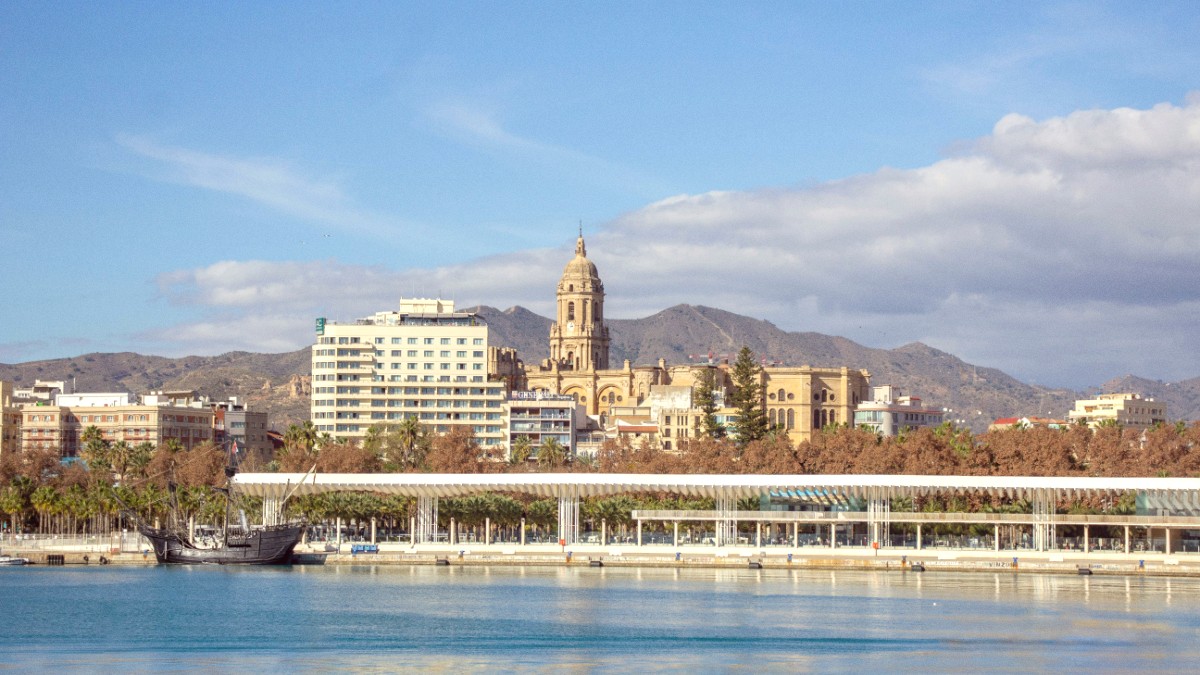
Andalucia, Spain
Spain has robust mobile networks from providers like Movistar, Vodafone, Orange, and Yoigo.
Free Wi-Fi is common in hotels, many cafes, restaurants, and public squares (e.g., Plaza de la Constitución). Mobile data coverage is excellent.
Official Language: Spanish (Castilian). English is widely spoken in major tourist areas, hotels, and at attractions. Outside main tourist hubs, English might be less common.
Learning a few basic Spanish phrases truly makes interactions richer and shows cultural respect.
Do not hesitate to use your Spanish. Locals appreciate the effort, even with imperfect pronunciation. A smile and a simple Spanish phrase go a long way.
Generally open from 10:00 AM - 2:00 PM and 5:00 PM - 8:30 PM (Monday-Saturday). Many smaller shops still observe an afternoon closure (2:00 PM - 5:00 PM).
Lunch service typically runs from 1:30 PM - 4:00 PM. Dinner service usually begins from 8:30 PM - 11:00 PM. Many restaurants close between these two services.
Generally open from 10:00 AM - 6:00 PM or 8:00 PM. Many museums are closed on Mondays. Always check specific opening hours and closing days online before visiting.
Banks typically operate Monday-Friday, from 8:30 AM - 2:00 PM. They are usually closed on weekends. ATMs (Cajeros Automáticos) are widely available 24/7 throughout the city.
Spain observes numerous national, regional (Andalusian), and local (Malaga city) holidays. On these days, banks, government offices, and many shops may close.
Check specific attraction websites for their latest opening hours and closing days. Public holidays can change local schedules significantly.
Navigating local customs and social interactions.
A handshake is common for formal introductions. Friends often greet each other with two kisses on the cheek (starting with the right cheek). Do not initiate this unless the other person does.
Generally, dress is casual and comfortable for daily sightseeing. Modest dress is advised when visiting religious sites.
As discussed in Section 2.3, tipping is not obligatory but appreciation for good service. Meals are social events and can be prolonged; do not feel rushed to leave a table.
Generally acceptable to photograph public spaces, landscapes, and attractions. Always ask permission before photographing individuals, especially children. Some museums or religious sites may prohibit flash photography.
Politeness and a genuine interest in local culture greatly contribute to positive interactions. These small efforts make your trip more meaningful.
Malaga has put in much effort to improve accessibility for travelers with mobility challenges.
The city center is largely pedestrianized and relatively flat in many areas, making navigation easier. Major attractions like the Alcazaba and Picasso Museum have implemented ramps or elevators.
Most modern museums and major attractions (e.g., Picasso Museum, Carmen Thyssen Museum, Centre Pompidou, CAC Malaga) are wheelchair accessible.
Some museums and cultural sites have audio guides or tactile exhibits for visitors with visual impairments. Check specific attraction websites for details on services.
Consult the local Malaga tourism office or specialized accessible travel guides for Spain for more detailed and current information regarding specific venues and services.
If you have specific accessibility needs, research individual attractions and transport services thoroughly beforehand. Contact them directly with particular questions.